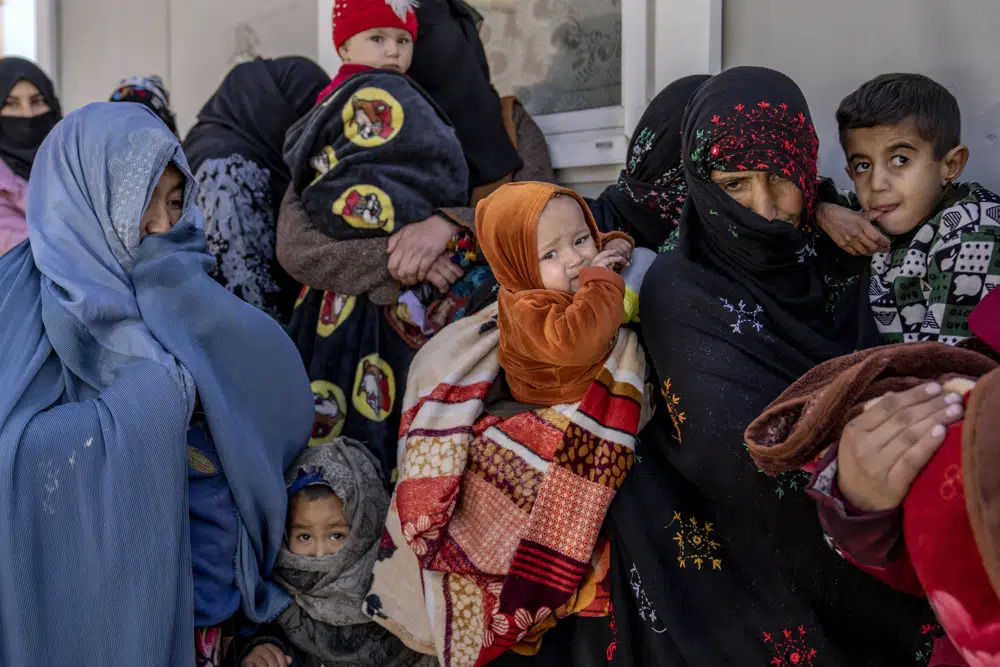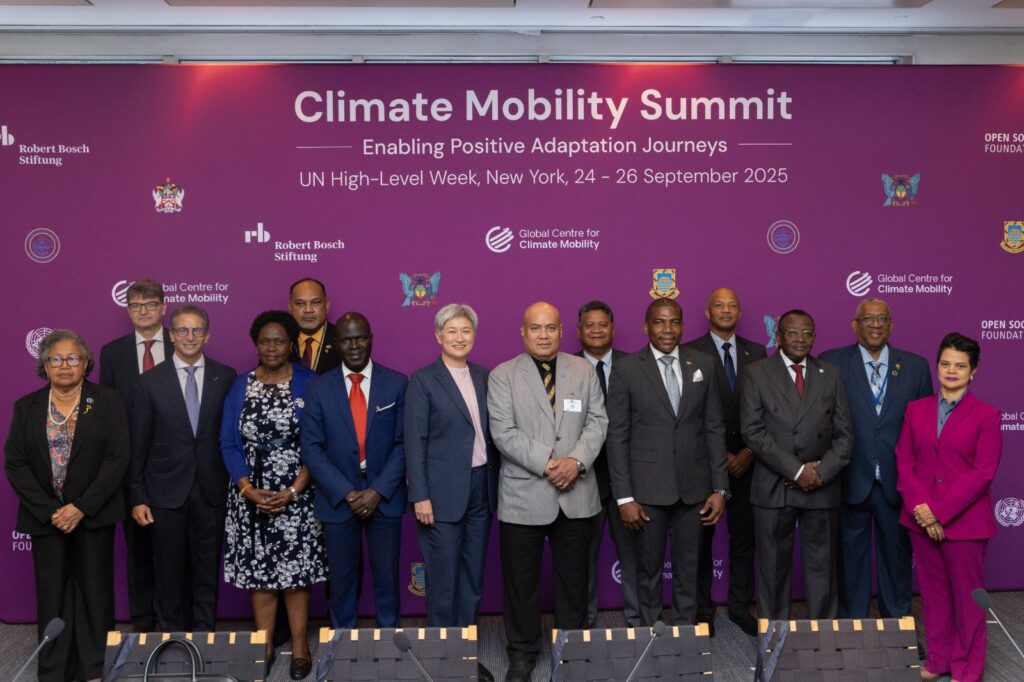UN Food Agency Reports Record-High Malnutrition Rates in Afghanistan
Afghanistan is grappling with a severe and escalating humanitarian crisis, characterized by record-high malnutrition rates and widespread hunger. The World Food Program (WFP) estimates that half of the country’s 40 million population faces persistent hunger, irrespective of the season. This dire situation is further exacerbated by staggering malnutrition rates, impacting a significant portion of the population, especially vulnerable groups such as children under five and mothers. A staggering seven million children and mothers are currently malnourished, highlighting the urgent need for sustained and comprehensive humanitarian intervention. While outright starvation isn’t widespread, the Afghan population has been pushed to the brink, exhausting their resources and coping mechanisms in the face of unrelenting economic hardship.
The current crisis is largely attributed to the Taliban’s takeover in August 2021, which triggered a cascade of negative consequences for the Afghan economy and its people. The abrupt halt of foreign aid, coupled with international sanctions targeting the Taliban regime, froze billions of dollars in Afghan currency reserves and severely restricted access to global financial institutions. This effectively crippled the country’s aid-dependent economy, pushing millions into poverty and exacerbating food insecurity. The situation has been further complicated by a harsh winter, adding another layer of difficulty to the lives of ordinary Afghans struggling to survive.
International aid agencies have been working tirelessly to provide vital support to the Afghan people, including food assistance, healthcare, education, and winterization programs. These efforts encompass the distribution of food supplies, cash assistance for fuel, warm clothing, and other essential resources. However, the effectiveness of these aid operations has been severely hampered by a recent Taliban edict banning Afghan women from working for national and international non-governmental organizations (NGOs). This decree has had a crippling effect on aid delivery, particularly in sectors where women play a crucial role, such as healthcare and education.
The ban on female NGO workers has forced the suspension of vital services, including mobile health clinics, training programs, and school feeding programs. The closure of 115 mobile health clinics alone has deprived over 82,000 children and pregnant/lactating women of essential healthcare services. Similarly, the suspension of training projects and school snack programs has negatively impacted thousands of individuals, primarily women and children. This disruption of aid delivery has come at the worst possible time, leaving families and communities struggling to secure their next meal and putting vulnerable populations at increased risk.
The impact of the ban and the broader economic crisis is vividly illustrated by the stories emerging from nutrition clinics across the country. Healthcare workers report a significant increase in the number of malnourished children and mothers seeking treatment. Many families are unable to afford basic necessities, including food, fuel, and medicine. Even minor illnesses can quickly escalate into life-threatening conditions due to malnutrition, poverty, and limited access to healthcare. The lack of resources to heat homes during the harsh winter months further compounds the suffering, leading to respiratory illnesses and exacerbating existing health problems.
The international community has strongly condemned the Taliban’s restrictive policies towards women and girls, including the ban on female NGO workers. High-ranking UN officials have engaged in direct talks with Taliban leaders, urging them to reverse these policies and uphold the fundamental rights of women and girls. The UN has also emphasized the urgent need for increased humanitarian assistance to address the escalating crisis in Afghanistan. The situation remains precarious, with the Afghan people facing immense hardship and uncertainty. The continued delivery of aid is crucial, and efforts to overturn the ban on female NGO workers are paramount to ensuring that vital services reach those most in need. The international community must continue to pressure the Taliban to respect human rights and cooperate with aid organizations to avert a further deterioration of the humanitarian situation.
Share this content:












Post Comment